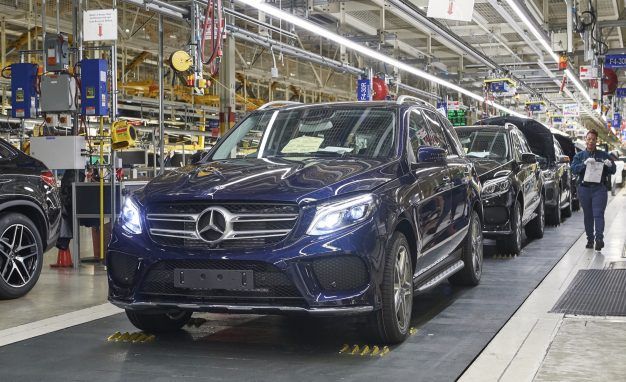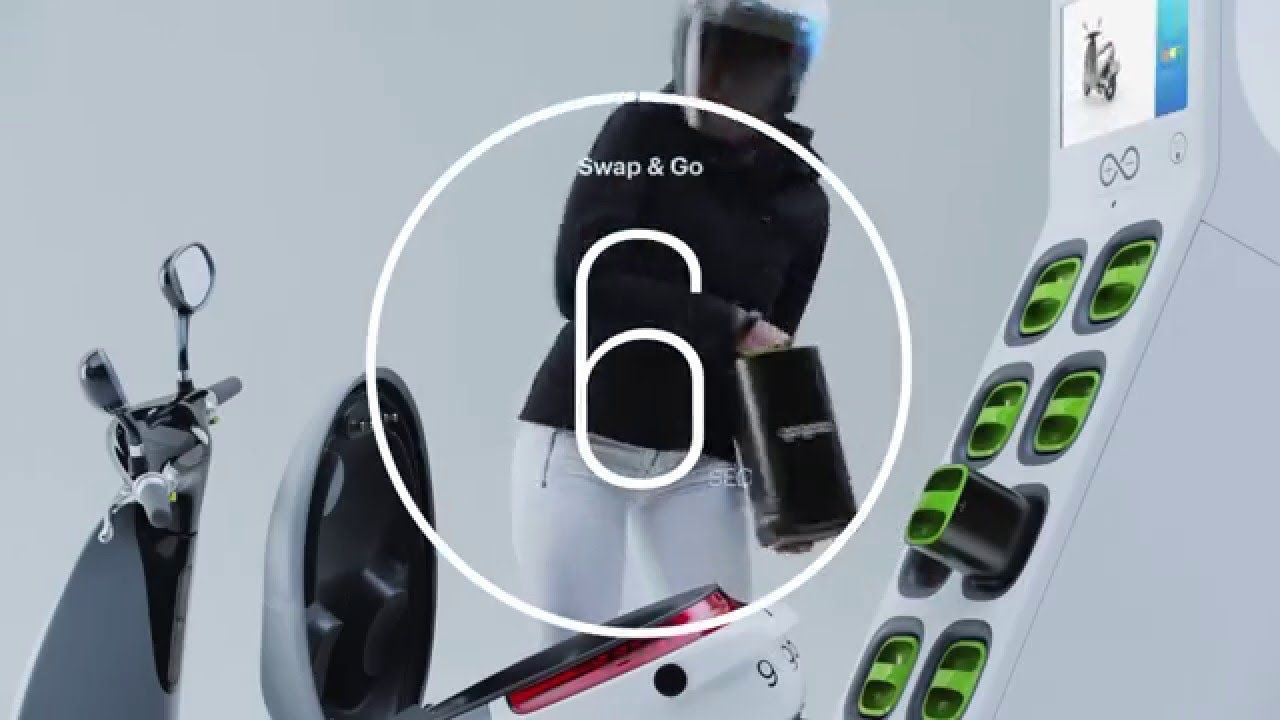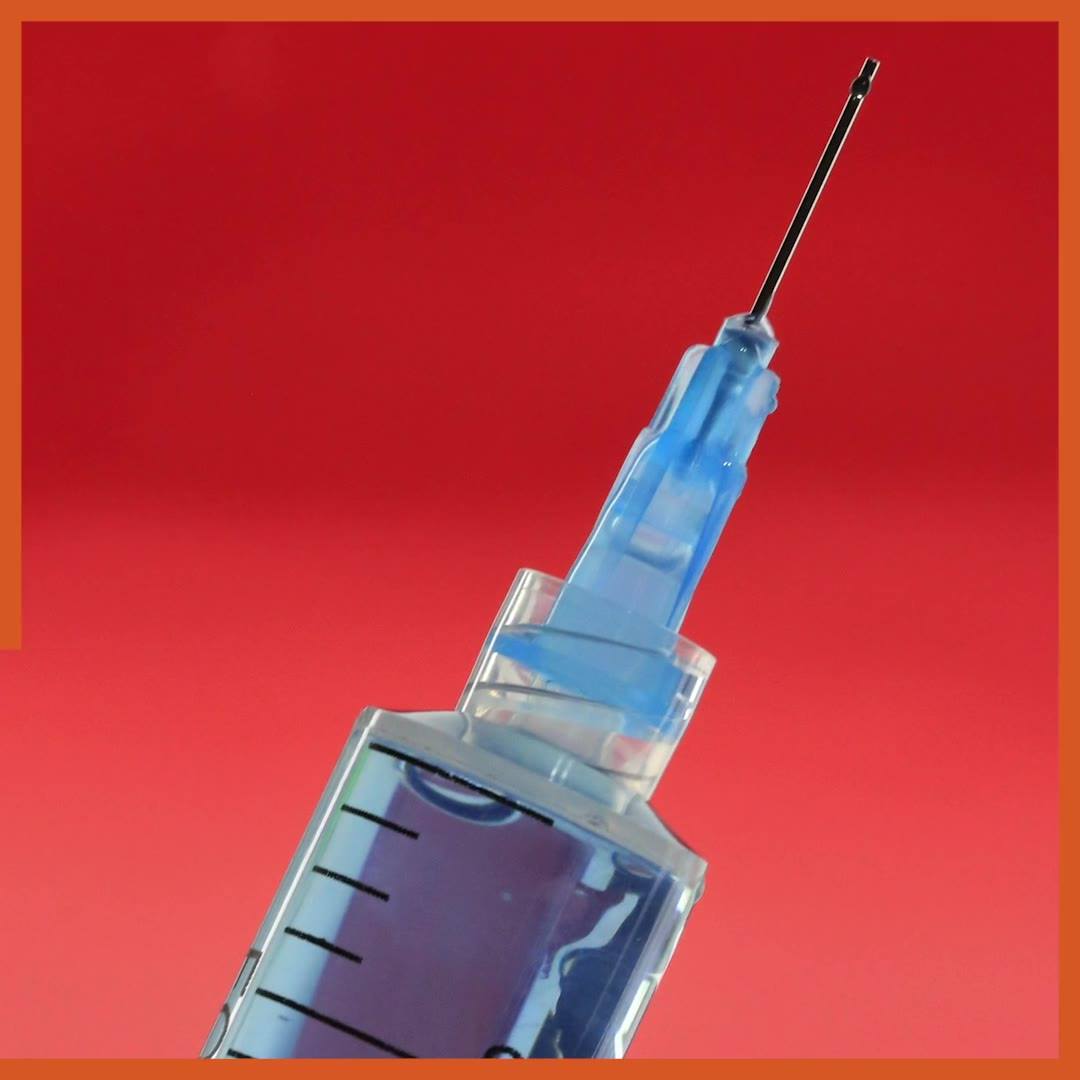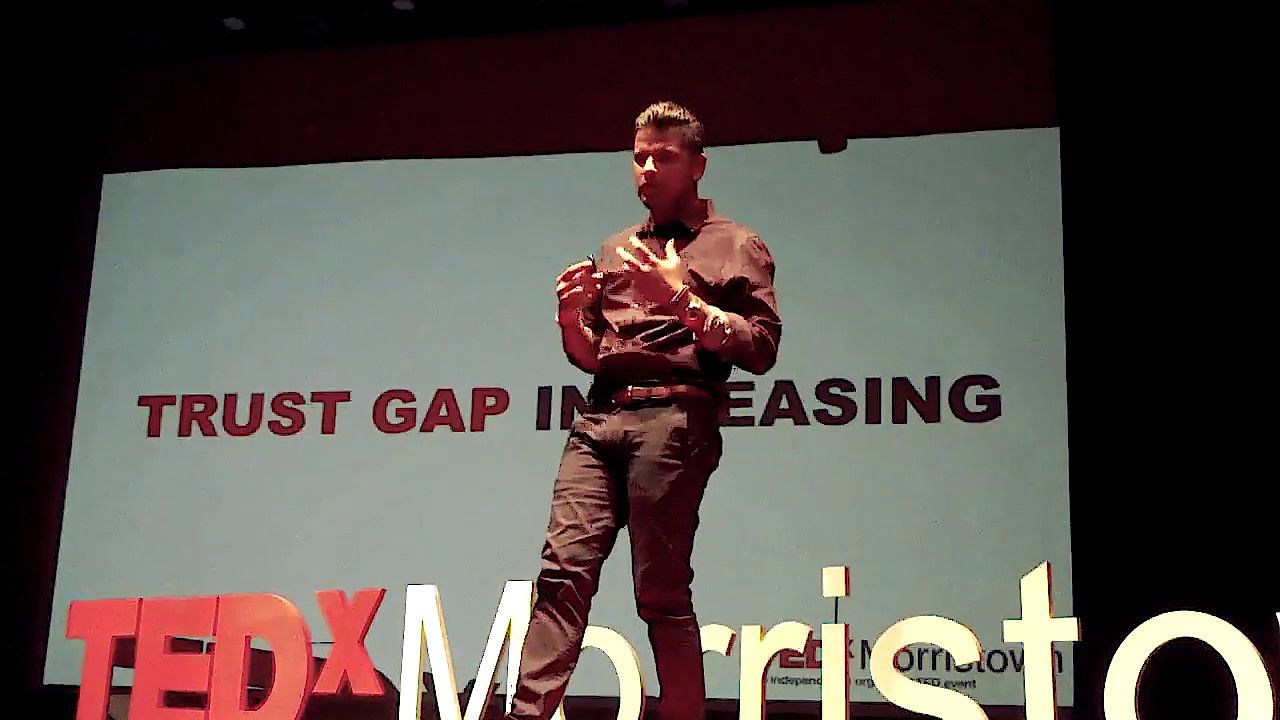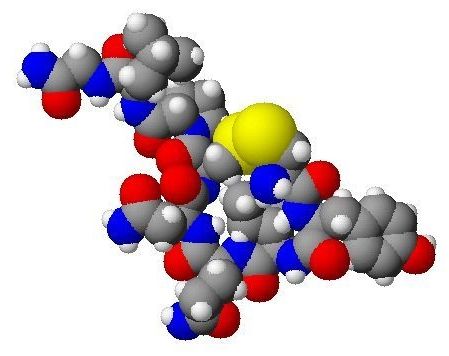Sep 30, 2017
New gene therapy prevents MS and reverses paralysis in mice
Posted by Shailesh Prasad in category: biotech/medical
Researchers at the University of Florida have developed a new gene therapy that shows promise in fighting multiple sclerosis (MS). Testing the technique in mice, the team found that the treatment was effective in preventing animals from developing the mouse equivalent of the disease, and almost completely reversed the symptoms in those that were already suffering from it.
MS is a debilitating immunological disease where the body’s immune system mistakenly attacks myelin, the tissue that surrounds and protects nerves. Once damaged, the exposed nerves can effectively short-circuit, resulting in issues with muscles, vision, speech and motor control. Potential treatments being studied include training the body to better tolerate myelin, drugs that target the immune system’s B cells, blocking proteins that cause inflammation in the body, or even “rebooting” the entire immune system.


